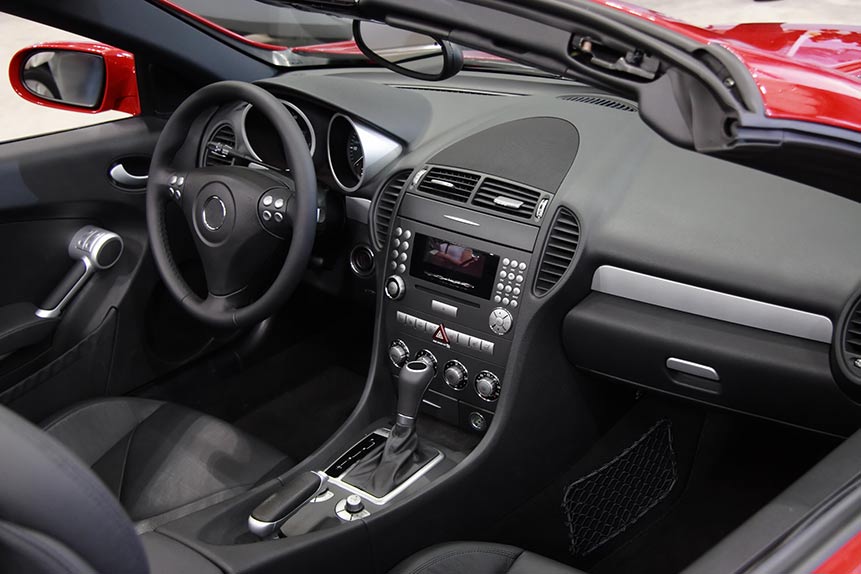3 Things You Should Know About Your Auto's Cooling System
- By Admin
- •
- 26 Jun, 2018

Whether or not your vehicle's air conditioning system works, you can be sure its cooling system is working if the car is running normally. The engine has its own private way to chill out under the hood.
Even though you may not benefit directly from the engine's cooling system in the heat of summer, keep that cooling system maintained if you expect proper car performance all year long. Here are three things you should know about your car's cooling system.
1. The Cooling System Relies on Coolant Channels
Each car has its own specific design when it comes to the engine and other components. However, cooling systems in most gas-powered cars are made up of a radiator, fans and coolant channels that direct fluid around hot engine parts.
Your engine becomes very hot as it creates energy from fuel, sparks and air. Some of the heat flows out of the exhaust system and is carried away from the vehicle. Some of the excess heat is absorbed by the coolant that surrounds the engine.
The coolant circulates through the channels around the engine, starting out colder at the bottom of the radiator. Heat rises, so the coolant gets hotter as it rises up through the engine and then escapes back into the radiator at the top side.
As the coolant runs back down the radiator, a fan blows to attract more airflow across the surface of the radiator from the car's movement. The airflow lowers the temperature of the coolant inside so it can recirculate and lower the engine temperature again.
2. The Cooling System Has Many Parts
Generally, when your car starts overheating, there's an issue with your cooling system. In some cases, a thermostat or other sensor has gone bad. Occasionally, overheating is caused by a blown head gasket.
In many cases of overheating, there isn't enough coolant in the system. The coolant/water mix should be at a 50/50 ratio and should be checked at least once a month. Use distilled or filtered water with the coolant to avoid mineral deposits.
In other overheating cases, there's a leak in one of the vast coolant channels. There are additional lines of coolant that run up to your heater core to provide heat inside your vehicle. Other coolant lines run to and from an overflow tank. These or any other coolant pathways may spring leaks and cause your engine to overheat.
Pressure-relief valves, connectors and other components of the cooling system may have failed, too. The radiator fan or its belt may be broken. There may be fuses or relays that need to be replaced, depending on the model car you drive.
3. The Cooling System Can Hurt You
If your car overheats while you're driving, pull off to the shoulder or into a parking lot as soon as it's safe and possible to do so. Turn on the car's heater to full blast, if you can stand it, because this will help pull hot air off of your motor.
Carefully raise the hood of your car, but don't touch the radiator cap until it cools down. Experts recommend you wait at least 45 minutes to attempt to remove it. Otherwise, the cap could suddenly become a projectile, and hot coolant could be sprayed on anyone standing around the vehicle.
You want to wait to add more coolant and water, anyway, because cold water on a steaming hot engine can cause cracks and other damage to its components. If you must add water to a hot engine, do it while the vehicle is running so the water circulates immediately.
Kell Radiator Service is ready to inspect and service your car's complete cooling system, and your AC system, to make sure you and your ride have a safe, comfortable summer and fall. Contact us today to schedule your vehicle inspection.


